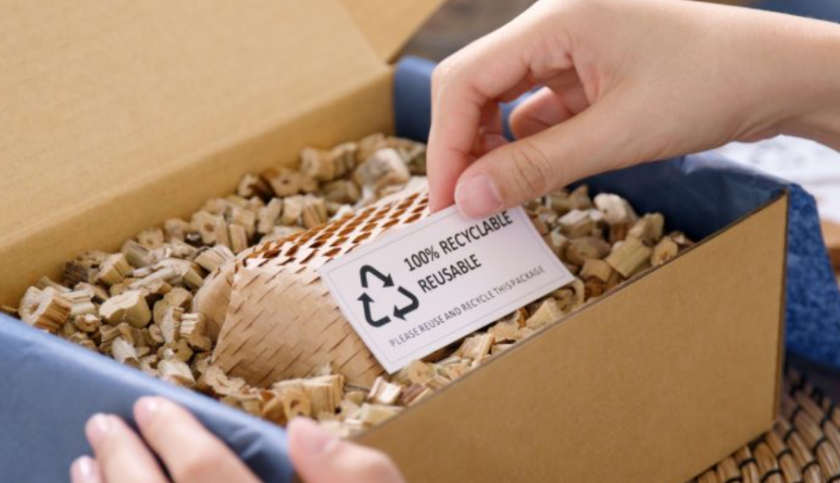 California’s State Water Board announced that Nestle may not have the proper legal permits to collect water it bottles from the state’s San Bernardino National Forest. Nestle collects and bottles millions of gallons of the water for its Arrowhead brand.
California’s State Water Board announced that Nestle may not have the proper legal permits to collect water it bottles from the state’s San Bernardino National Forest. Nestle collects and bottles millions of gallons of the water for its Arrowhead brand.
According to NPR, The State Water Board said that Nestle may only have the right to extract 8.5 million gallons from the site, from which it has extracted from 1947 through 2015. The company has collected an annual average of 62.6 million gallons each spring. These findings are the result of a two year investigation by the State Water Board. According to The Independent, Nestle had the rights to about 26 acre-feet per year to extract, but was using approximately 192.
According to the report, complaints against Nestle include diversion of water without a valid basis of right, unreasonable use of water, injury to public trust resources,a and incorrect or missing reporting. However, the report states that, while the water may have been taken illegally, Nestle could potentially apply for and receive appropriate legal permission.
Nestle responded to the accusations by claiming that it monitors its extraction sites to make sure the ecosystem is OK, but it couldn’t sufficiently clarify to Water Board investigators how much water the company could legally extract.
“While Nestle may be able to claim a valid basis of right to some water in Strawberry Canyon, a significant portion of the water currently diverted by Nestle appears to be diverted without valid base of right,” the report says.”
Ian James of the Desert Sun, which originally published the 2015 report on Nestle’s Arrowhead operation, told NPR that Nestle has 11 spring sources in California that it uses for bottled water.
“And the water that’s bottled comes from both springs, as well as from other supplies pumped directly from groundwater or from municipal supplies,” he said.
In his original story, James argued that California lacked proper state-wide oversight data on the bottled water industry.
This news is particularly noteworthy now, as major cities like Montreal and national parks have banned single-use water bottles.
From here, Nestle has 60 days to submit a compliance plan and 90 days to submit a monitoring plan for the extraction area.



